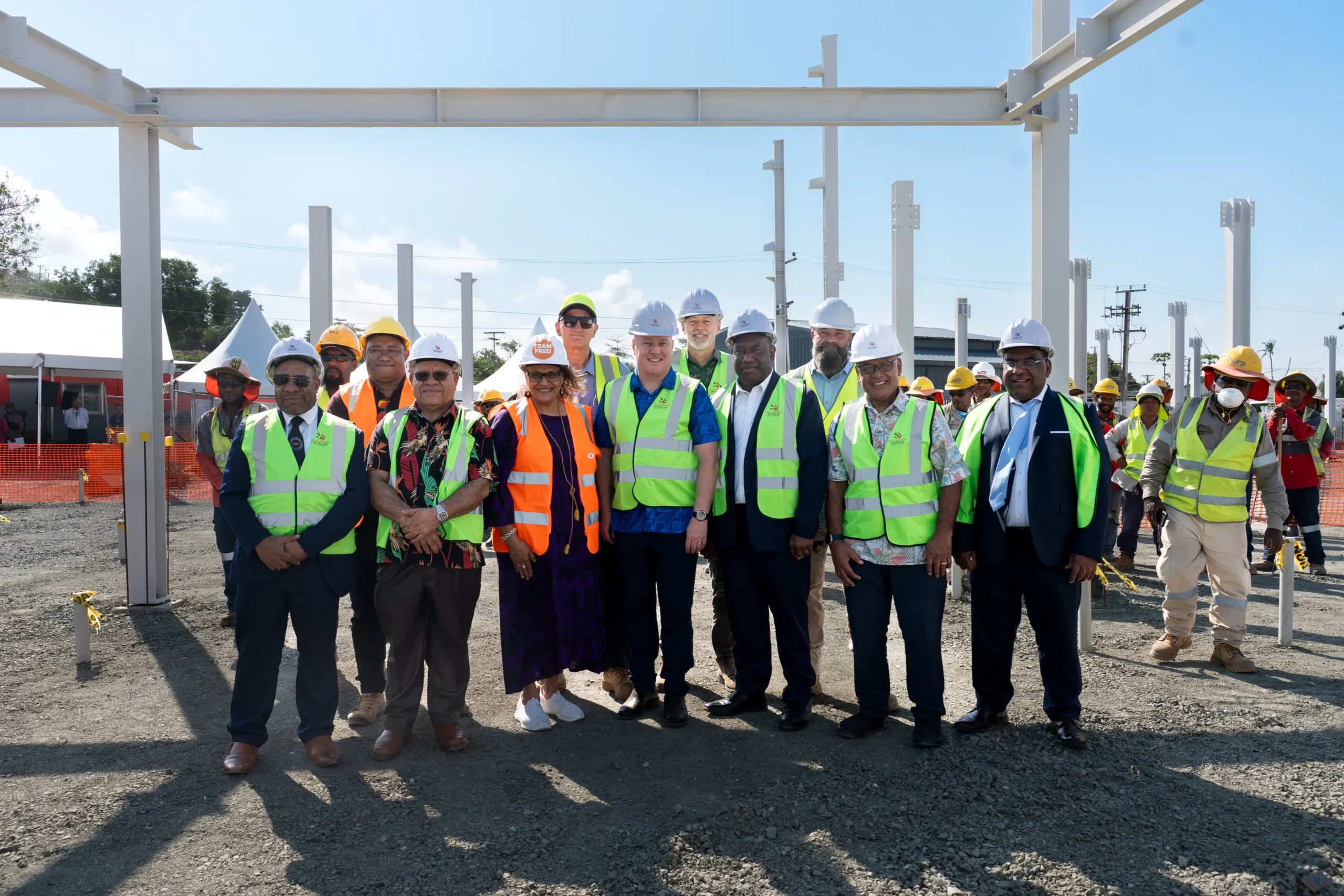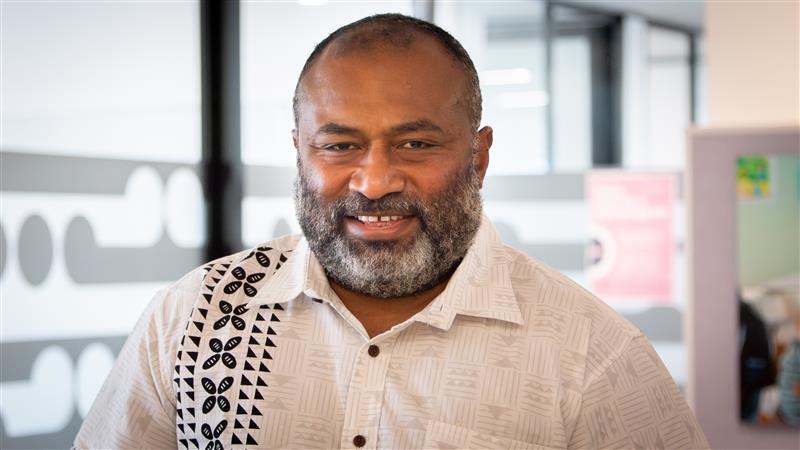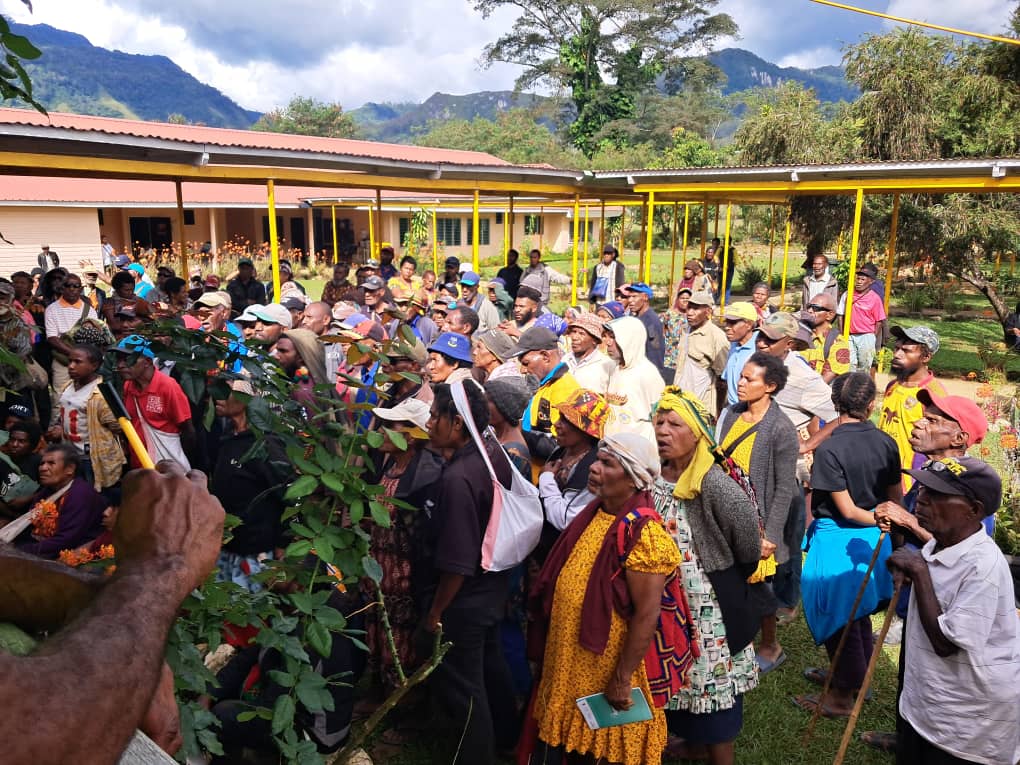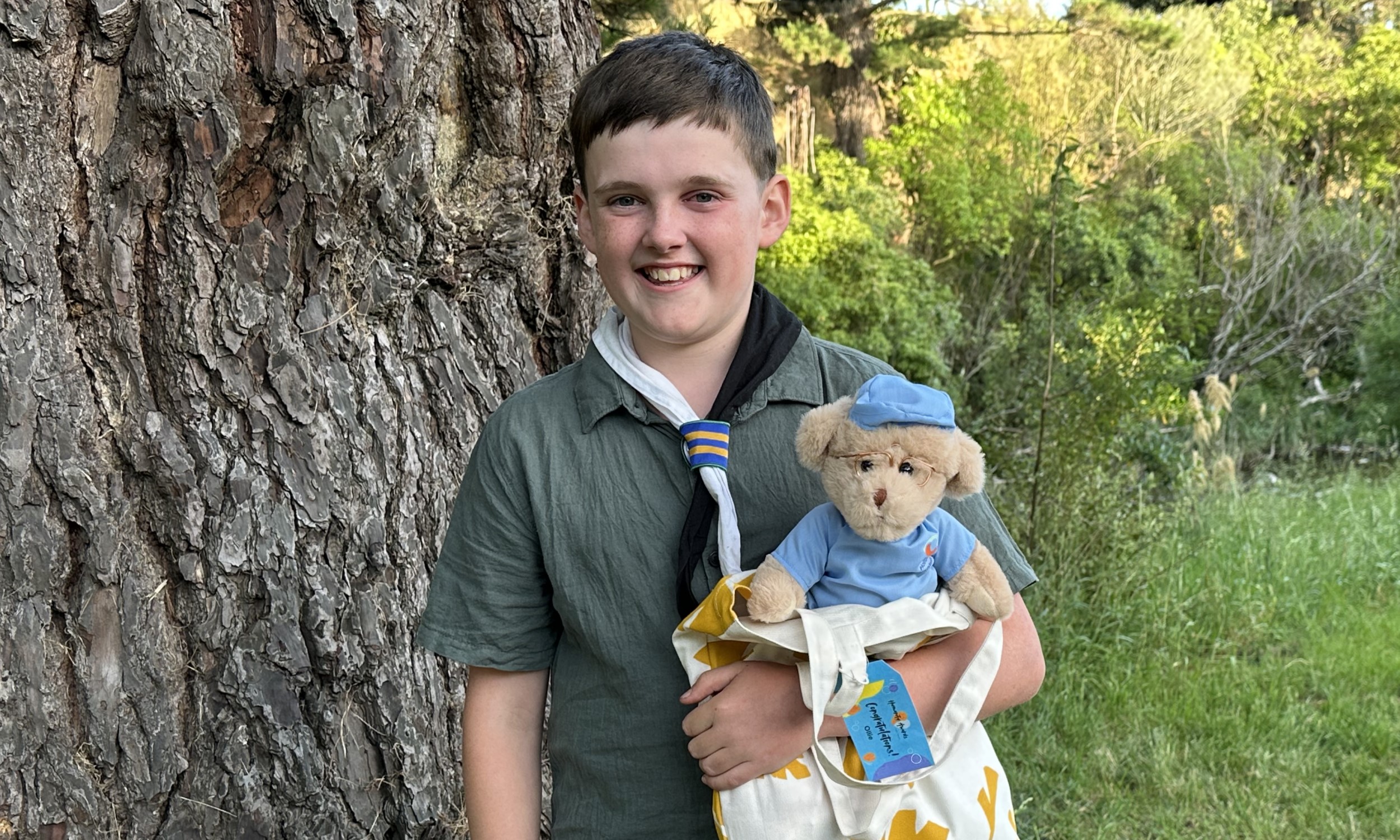New Zealand Prime Minister Christopher Luxon paid a special visit to the site of the Papua New Guinea Centre for Eye Health in Port Moresby, during his diplomatic visit this week.
The visit coincides with the lead up to PNG’s 50th Independence Anniversary celebrations and signifies New Zealand’s long-standing partnership with the country.
Construction of the Centre began in late November 2024 and is progressing steadily with the foundations in place and the superstructure of the building currently underway. Once completed, it will become the first purpose-built facility in PNG dedicated to both delivering eye care services and training eye health professionals.
The NZ Government has committed NZ$18.9 million to the project — the single largest health infrastructure investment it has made in Papua New Guinea to date.
In a public address, Luxon spoke of New Zealand’s long-standing partnership with Papua New Guinea, and how the PNG Centre for Eye Health is a “very powerful symbol of what that partnership can achieve together.”
“This is one of the largest investments in eye care globally for Official Development Assistance and together New Zealand, Papua New Guinea, The Fred Hollows Foundation NZ and other donor partners are establishing a purpose-built national facility for eye health – one that will enable the training of health professionals and the delivery of surgery and care,” he said.
“New Zealand is incredibly proud to contribute to this national centre. It will help to address the eye health needs facing Papua New Guinea – which has one of the highest rates of blindness globally.
“The Centre will also help address gender disparities and access to eye care, which disproportionately affect women and girls. This investment is part of New Zealand’s broader and long-standing commitment to improving health in Papua New Guinea.”
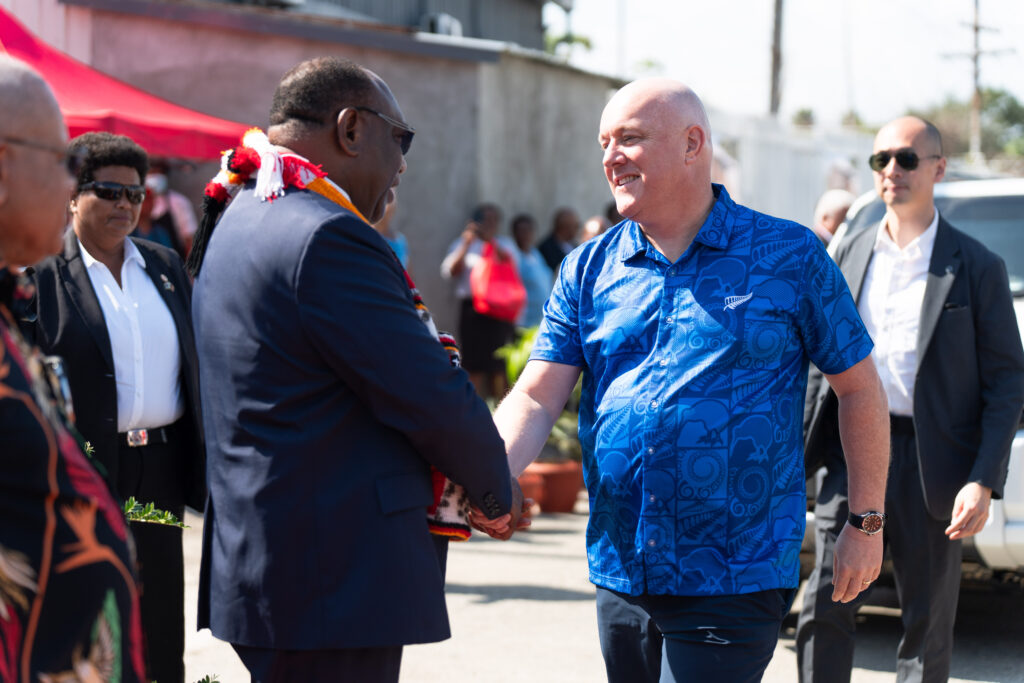
Papua New Guinea has one of the highest rates of avoidable blindness and vision impairment in the world — and the highest known rate in the Pacific. The Centre for Eye Health aims to significantly reduce this burden through specialist care, outreach, and training.
PNG Minister for Health, Elias Kapavore, spoke of the impact the Centre will have on raising the standard of eye healthcare services in PNG.
“5.6 per cent of Papua New Guineans over the age of 50 live with blindness and most of this can be treated. With funding from the NZ and Australian Governments, and The Fred Hollows Foundation NZ, blindness will be prevented and sight restored right here in the Centre for Eye Health,” he said.
“Once completed, the PNG Centre for Eye Health will expand training for eye doctors, nurses, and optometrists, with the aim to address the current shortage of eye care specialists in PNG. The Centre will also provide specialised eye care services as well as supporting outreaches to the provinces.”
Dr Paki Molumi, CEO of Port Moresby General Hospital – on which grounds the Centre will be located – spoke of the key partnerships that have brought this project to fruition.
“Today’s event is a celebration of the enduring and evolving partnership between New Zealand and Papua New Guinea, in the health sector. This collaboration spans many years and works across many areas. The Centre for Eye Health is a powerful example of what this partnership can achieve,” he said.
“On this occasion we acknowledge with deep appreciation the Government and people of New Zealand for their significant contribution to PNG’s first dedicated eye training hospital. Once operational it will make quality eye care more accessible, strengthening PNG’s health system.”
The Centre forms part of PNG’s National Eye Health Strategic Plan (2025–2029) and is being delivered through a collaboration between the National Department of Health, Port Moresby General Hospital, the University of Papua New Guinea’s School of Medical and Health Sciences, the PNG National Prevention of Blindness Committee, and The Fred Hollows Foundation NZ.
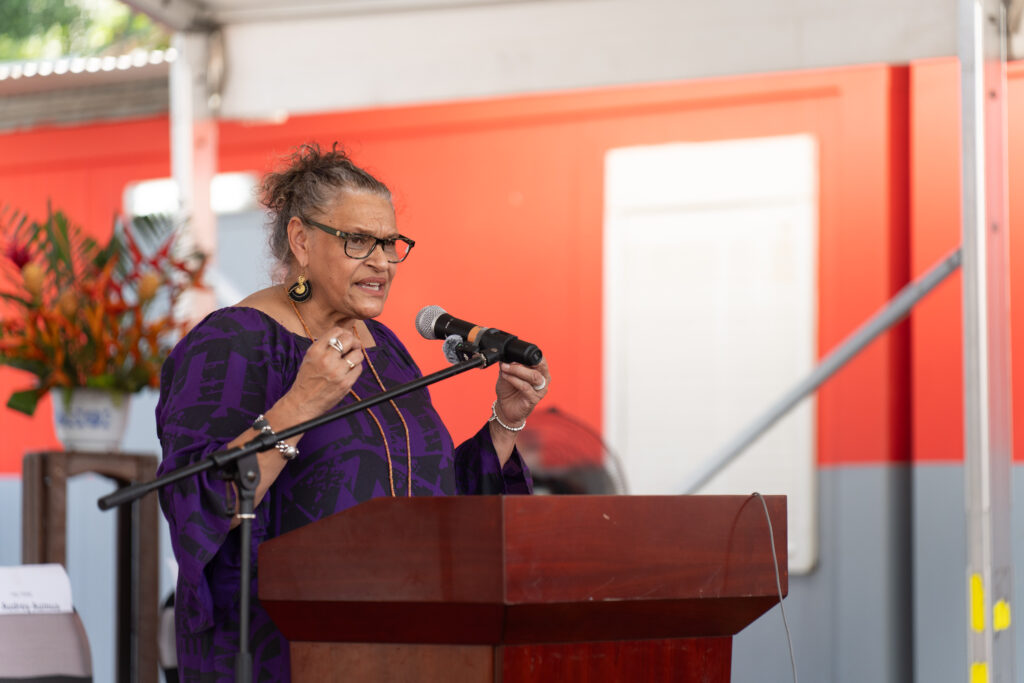
Dr Audrey Aumua, CEO of The Fred Hollows Foundation NZ, spoke of what the Centre promises for the future of eye health in the region.
“The implications of good eye health are huge – economic development, community wellness, social inclusion, and in particular women and children’s health and education. So, this investment is not just about eye health, and the public health implications, but much more,” she said.
Dr Aumua also acknowledged the New Zealand public for their hand in making this project possible.
“I want to acknowledge the contribution of the New Zealand public, who have dug deep to bring to life much of the work we have done in Papua New Guinea over the past 20 years. We are really privileged to do this work in this country; it is a very special nation.”
Construction of the PNG Centre for Eye Health is due to be completed by May 2026, with a scheduled opening in August 2026.

